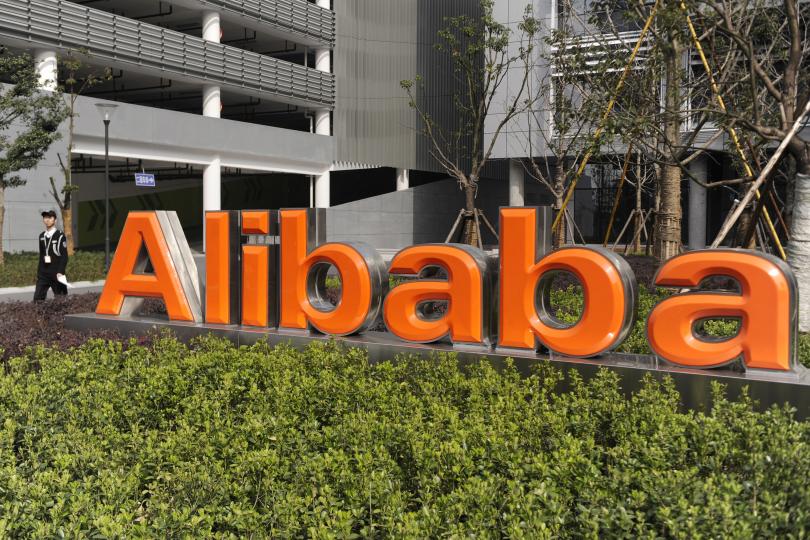
Lynx International subsidiary, of the Chinese e-commerce monolith Alibaba, recently announced that it has successfully integrated blockchain technology into the company’s cross-border logistics business. According to the company, its blockchain-based system keeps track of all relevant information regarding an imported shipment, including details about production, transport method, customs, inspection and third party verification.
The company’s technical leader, Tang Ren, told a Chinese news outlet:
“Although the concept of blockchain has only recently started to emerge, it has a very wide range of applications. We firmly believe that this is an Internet-based technology, not a tool for speculating on currencies.”
Blockchain’s immutability is one of the primary reasons it has seen overwhelming use in cryptocurrencies. Therefore, by extension, any system employing the technology can enjoy the security benefits and trustless nature.
The exploration of the Alibaba private consortium in blockchain technology does not necessarily indicate that the company has a weak point for cryptocurrencies. In December 2017, the company’s founder, Jack Ma, said that while he had no personal or commercial interest in the asset class at that time, his company was making significant progress in blockchain technology. The Lynx announcement is likely one of the few early results of Alibaba’s foray into the field.
As it is known Alibaba owns Taobao and AliExpress, two huge online shopping websites catering to China and the rest of the world respectively, it makes sense that the parent company is attempting to streamline its logistics process. Alongside the import business, Alibaba has also launched blockchain-based programs for the healthcare and food quality control industries.
Some media reports indicate that Taobao’s mobile app has been updated with links to “View product logistics traceability information” at the bottom of some items. When clicked, any information available for the product will be displayed, presumably allowing the user to ensure that the object in question has been imported from a legitimate source.
It is currently estimated that over 30,000 imported goods from ports in Shangai, Shenzhen, Guangzhuo, Hangzhuo and Tianjin among others have had their details logged on the company’s blockchain system. Tang also confirmed that the information tracking process begins before the products even reach the country.
He stated:
“When these goods are shipped from overseas to China, the logistics data have already begun to go on the blockchain.”
Source: ccn.com
Image: s1.ibtimes.com
Disclaimer: InfoCoin is not affiliated with any of the companies mentioned in this article and is not responsible for their products and / or services. This press release is for informational purposes information does not constitute investment advice or an offer to invest.
 ESPAÑOL
ESPAÑOL






1 Response
[…] continue reading… […]